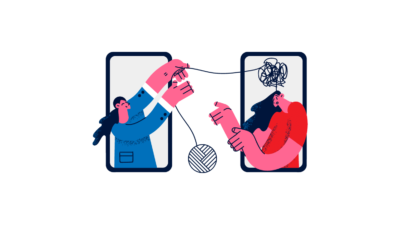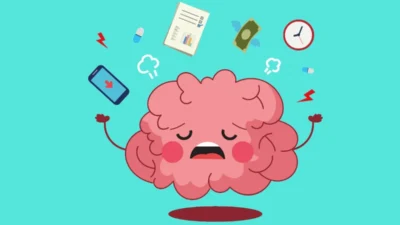
In today’s fast-paced world, it’s easy to feel overwhelmed by constant responsibilities and mounting stress. Many seek a moment of peace—a chance to recenter amid life’s chaos. This article explores the invaluable art of mindfulness and shares simple, practical techniques to seamlessly integrate mindfulness into your everyday routine. Whether you’re skeptical about its benefits or have struggled to maintain a regular practice, we offer real-life solutions to overcome barriers and enhance mental clarity. Read on to discover how this timeless practice can transform everyday moments into opportunities for calm and balance, guiding you toward a more centered existence.
Understanding Mindfulness in Everyday Life
Mindfulness is a mental practice that brings heightened awareness of the present, shedding light on the often-overlooked details of daily experiences. This awareness cultivates calm and clarity through simple, effective techniques. In our ever-changing world, harnessing mindfulness has never been more relevant; it encourages you to break free from autopilot and engage fully with life.
Recent studies in psychology reveal that even brief mindfulness interventions can significantly reduce stress, enhance emotional regulation, and improve overall well-being. For those caught up in the whirlwind of daily challenges, a mindful practice offers not only respite but also a path to better mental and physical health. Credible resources like the American Psychological Association underscore these findings and validate the importance of mindfulness.
Ultimately, mindfulness isn’t about overhauling your life but about adding a practical layer of awareness to your existing routines. Simple techniques such as deep breathing or mindful walking, when practiced consistently, can become powerful tools for self-regulation and personal growth.
Simple Practices to Integrate Mindfulness
One common misconception is that mindfulness demands hours of meditation or drastic lifestyle changes. In reality, simple practices can effortlessly blend into everyday activities. For instance, taking three mindful breaths before starting your day can reorient your focus and establish a serene tone for the hours ahead. This simple exercise connects you with your inner thoughts and feelings, fostering greater clarity in decision-making.
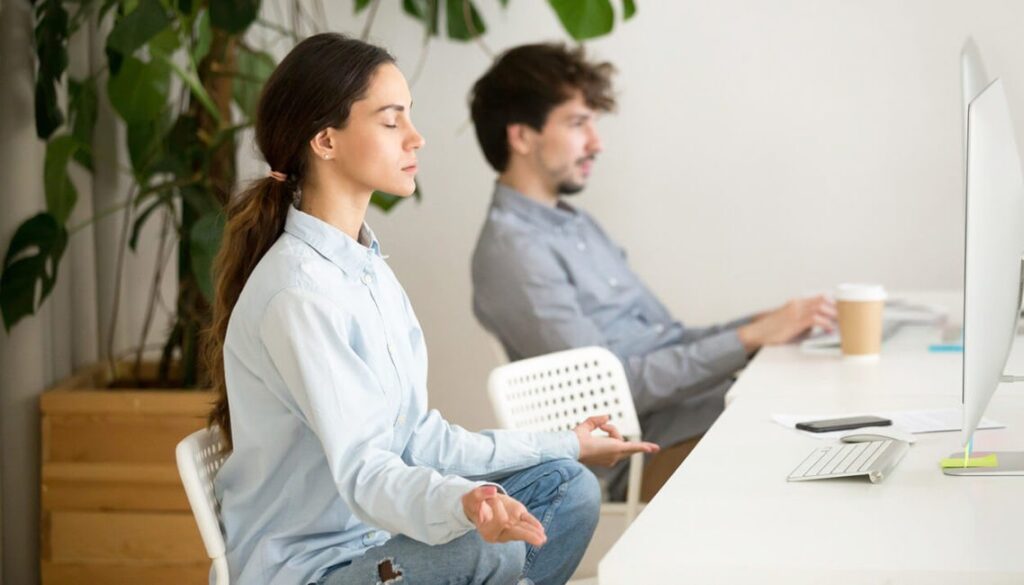
Think of everyday activities—whether it’s your morning routine, meal times, or even your daily commute—as opportunities to practice mindfulness. During these moments, allow yourself to fully engage with the present. An exercise as straightforward as savoring each bite during a meal can reduce stress and prevent overindulgence. Additionally, mindfulness apps offer guided sessions that make it easier for beginners to adopt these beneficial habits without feeling overwhelmed.
Everyday mindfulness is about observing without immediate judgment. This neutral observation can be practiced anywhere—from the middle of a conference call to walking your dog. Introducing short, intentional breaks into even the busiest of routines can make a significant difference. Over time, these intervals will become integral to your daily life, gradually transforming your overall well-being.
Morning Routines
Starting your day with mindfulness can set a positive tone for all that follows. Instead of rushing, take a few minutes to be fully present. This shifts your focus from looming tasks to the simple act of noticing your breath, which in turn reduces anxiety.
A practical method is to maintain a gratitude journal each morning. Writing down three things you’re grateful for can help cultivate a mindset of appreciation, positively influencing your mood and productivity throughout the day.
Mindful Eating
Mindful eating turns what could be a rushed, habitual act into a deliberate, nourishing ritual. Focus on the texture, aroma, and flavors as you chew slowly, giving your body the time it needs to process each bite.
This practice promotes not just physical satiety, but also a deeper awareness of hunger and fullness. Enjoying your meals without distractions facilitates a healthier, more conscious way of eating.

Overcoming Common Misconceptions
Many assume that mindfulness is synonymous with meditation or that it requires a quiet, uninterrupted space. However, mindfulness is a versatile tool that can be practiced anywhere. Real-life mindfulness is about discovering calm amid everyday challenges.
Another myth is that mindfulness is unproductive, diverting attention away from essential tasks. In contrast, integrating mindfulness into your day can boost work efficiency by reducing stress and sharpening focus. Research published in respected psychology journals supports the idea that even brief moments of mindfulness can trigger neurochemical changes associated with relaxation and concentration.
There’s also a fear that mindfulness might surface overwhelming emotions. Yet, with proper guidance and realistic expectations, it often has stabilizing effects, reducing reactivity rather than intensifying it. By understanding what mindfulness is—and equally what it isn’t—you can integrate it into your life without falling prey to common misconceptions.
Debunking the Time-Intensive Myth
A frequently debunked myth is that effective mindfulness requires hours of daily meditation. In truth, even brief, consistent sessions can yield profound benefits.
Integrating small, manageable practices throughout your day can be just as effective as longer, formal meditation sessions. This flexible approach demystifies mindfulness and makes it accessible to everyone, regardless of time constraints.
Embracing Imperfection
Another misconception is that mindfulness demands perfection. Instead, it is about accepting the present moment—flaws, distractions, and all. Allowing your mind to wander without criticism is part of building resilience against stress.
Accepting imperfections and showing self-compassion are crucial elements of mindfulness. By acknowledging thoughts without judgment and letting them pass, you strengthen your mental resilience and overall well-being.
Advanced Techniques for Deeper Clarity
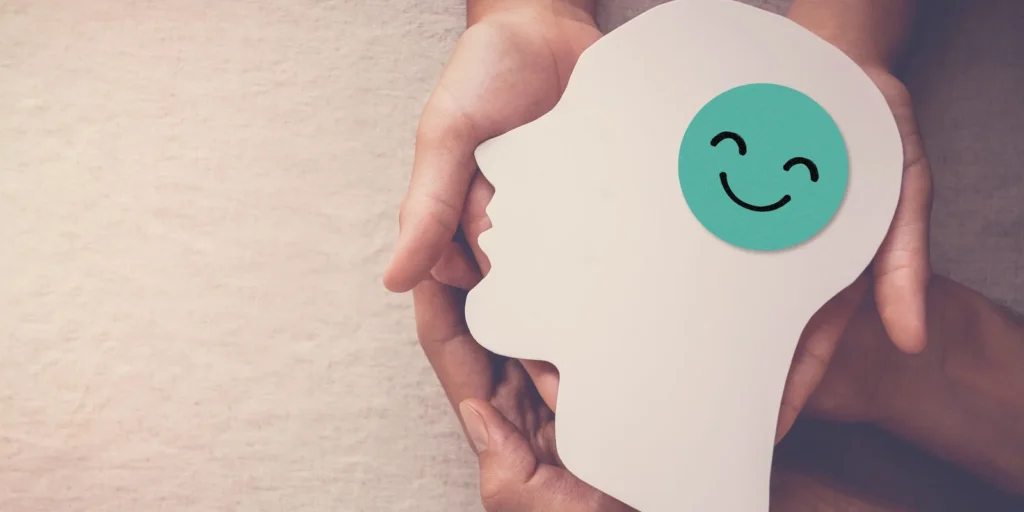
For those who have experienced the benefits of simple practices, delving into more advanced techniques can deepen your mindfulness journey. Advanced mindfulness practices invite you to explore your internal landscape with increased precision and comprehensive awareness.
Techniques such as body scanning, mindful movement (like yoga or tai chi), and the careful observation of thoughts allow you to gain nuanced insights into how your mind operates. For example, during a body scan, you move your focus systematically through different body parts, noticing sensations without judgment. This gradual process bridges the gap between physical and mental awareness.
Moreover, advanced practices are supported by extensive psychological research, which shows that deeper mindfulness correlates with improved emotional regulation and memory. These methods are best introduced gradually and periodically adjusted to ensure they complement your lifestyle effectively.
The Practice of Body Scanning
Body scanning involves mentally traversing your body from head to toe, noticing areas of tension and consciously releasing them. This simple yet profound practice nurtures body awareness and relaxation.
Begin with just a few minutes each day and gradually extend the session as you become more comfortable. This technique has shown promising results in studies addressing chronic pain and stress management.
Incorporating Mindful Movement
Mindful movement practices—such as yoga and tai chi—combine physical motion with a deep awareness of your body’s rhythms. When executed mindfully, these exercises can be incredibly restorative.
Over time, you may notice significant improvements in both physical resilience and mental agility, reinforcing the essential link between mind and body.
Tips and Resources for Continuous Practice
Maintaining a long-term mindfulness practice revolves around consistency rather than intensity. It’s essential to establish reminders and cultivate habits that reinforce your practice. Tools such as smartphone applications, online forums, and local mindfulness groups offer valuable support and guidance.
For example, apps like Headspace and Calm provide guided sessions that have already helped millions break down barriers of time and experience. Additionally, reading insightful books and participating in community discussions can deepen your understanding of mindfulness as a way of life.
Implementing small, regular changes—like dedicating five minutes a day to silent reflection—can effectively integrate mindfulness into your routine. Remember, gradual progression is key rather than expecting instant perfection. Over time, these consistent practices will build a powerful defense against stress and anxiety.
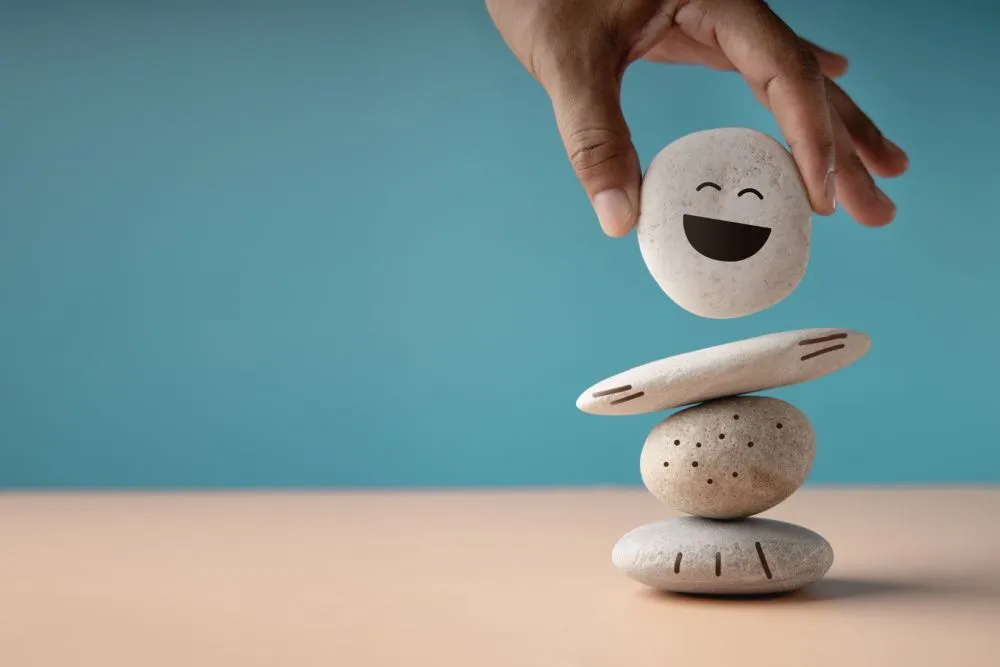
Digital Tools and Apps
The rise of mindfulness apps has democratized the practice, making it easier to integrate into busy lives. These digital tools are often customizable, allowing you to tailor sessions to your specific needs.
Explore the wide range of options available and choose one that aligns with your personal rhythm—whether it offers short guided meditations or longer reflection sessions, technology is here to support you every step of the way.
Community Engagement and Further Reading
Connecting with like-minded individuals can significantly enhance your mindfulness journey. Local workshops, online support groups, and mindfulness meetups provide spaces to share experiences and overcome common challenges.
Moreover, a wealth of literature—from ancient texts to modern research studies—offers deep insights into mindfulness. Engaging regularly with such content keeps your practice fresh, informed, and continually evolving.
Contenido Adicional
As life grows increasingly complex, integrating mindfulness into daily experiences shifts from a luxury to an essential habit. Mindfulness in real-life scenarios not only anchors you in the present but also propels you forward with clarity and resilience. Beyond structured practices, everyday moments can serve as fertile ground for mindful living.
When facing unexpected challenges at work or navigating interpersonal conflicts, adopting a mindful approach can help reduce impulsivity and foster empathetic responses. Deliberately slowing down to observe your internal reactions creates a mental space that prevents automatic, reactive behaviors.
Moreover, mindfulness has been linked to enhanced creativity and improved problem-solving skills. Studies indicate that intentional mindfulness practices promote greater brain connectivity, leading to increased innovation and resourcefulness. Over time, these subtle yet impactful changes shift your habit from reactivity to deliberate thoughtfulness, building a resilient mind.
For many professionals in high-pressure environments, mindfulness has become a secret weapon for maintaining performance and emotional control. Regular practice ensures that even amidst chaos, you retain the focus on what truly matters: intentional, purposeful action. As you gradually deepen your practice, the cumulative benefits will resonate in both your work and personal life. Remember, every mindful pause is a step toward a more intentional and fulfilled existence.
In conclusion, mindfulness isn’t about achieving perfection; it’s about embracing the present moment and cultivating inner balance despite life’s uncertainties. The journey toward integrating mindfulness into daily routines is personal and transformative. With the strategies, tips, and resources provided in this article, you now have practical tools to navigate stress, build resilience, and ultimately master a lifestyle filled with clarity and purpose. Remember, every mindful moment is a step toward a calmer, more centered life. Start small, stay committed, and witness a gradual shift to a brighter, more focused future.


